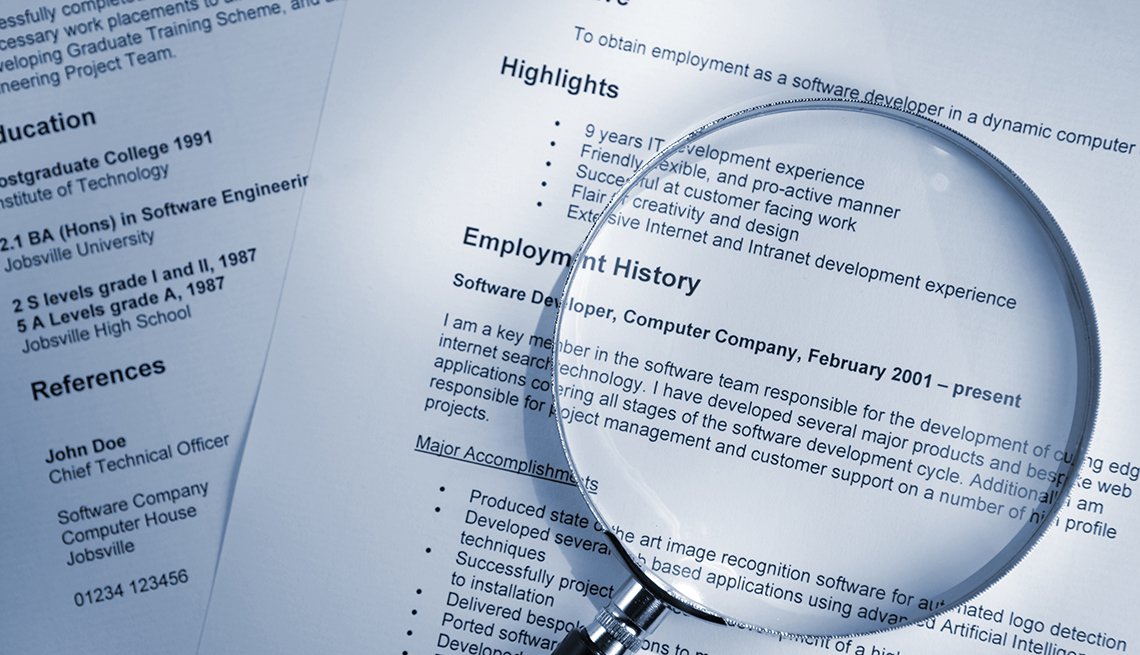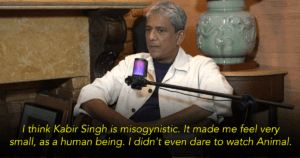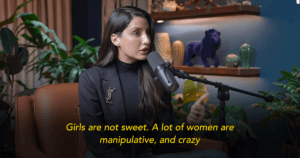Questions on the employment gaps in your resume are bound to pop up at the time of your interview. You should be ready to answer whatever questions the interviewer might have. Here’s everything you need to know to explain the gaps in your resume with ease.
What is an employment gap?
Before we begin with how to explain the employment gap, let’s understand what exactly is it. The employment gap simply refers to the duration in your career when you were not formally employed. This could be for a few months or can last longer, depending on the reason for your gap. You need to be prepared to give proper explanation to your interviewer for this duration.

What are the possible reasons for an employment gap?
There could be many reasons why you took some time off of work. You might be studying, travelling, switching between jobs, taking care of a relative, trying to figure out your career, among many others.
What is the acceptable duration of an employment gap?
The gap in your resume could be because of plenty of things. A gap of fewer than 6 months is somewhat acceptable and can generally be answered with ‘job-seeking’. If you had a gap several years ago, then the interviewer might ask about it, but it’s not a major reason for concern.
Things not to do while explaining an employment gap
Before we get on with what you can do to explain your employment gap, here are a few things you should not do –
1. Don’t lie
You need to understand that people do take breaks in their careers, and it’s completely fine. The interviewers will get to know if you lie about it. So, don’t say things like, ‘it wasn’t a gap’ or blatantly lie about it.
2. Don’t focus on the negatives
Don’t say that you were not doing anything or you were confused. Don’t say things like you were looking for a job but didn’t get any. Instead, focus on the positives and talk about the things you actually did during that gap.
3. Don’t be ambiguous
Giving unclear reasons for your gap is only going to make the process tough for you. Don’t say things like you had some personal issues which you can’t talk about.
Now that we know what not to do, here are a few things you can do to explain the gap in your CV in a positive way –
1. Be honest and prepare beforehand
If you have a gap in your CV, be assured that it will come up in the interview. So, while preparing for the interview, also prepare how you can answer this question. Be honest about it, and explain your reasons in a concise and convincible manner.
2. Give a brief explanation and fill the gap
Whatever explanation you prepare beforehand, ensure that it answers the question correctly and completely fills the employment gap. Mention what you did and everything you learned during that time.
3. Reassure your interviewer
The one thing you need to do at the time of your interview is to convince the interviewer. Don’t just convince them of the talent you possess but also reassure them that you wouldn’t be taking any more time off of work.
4. Show how excited you are
Convince your interviewer that your gap helped you learn and upskill. Show them how excited you are to be back at work and utilize your learnings in your new job role.
Now that you know the DOs and DON’Ts, here’s how you can use this to explain the gap in your CV easily.
If you took time off due to your personal health, say
“Due to some health conditions, I had to take some time off of work. But I’m fully recovered now and excited to join the workforce again.”
If you took time off to take care of someone, say
“Family plays a very important role in my life. I had to take a break from work to take care of a relative. During this time, I was able to be there for them but also knew I’d be returning back to work.”
If you took time off to further your education, say
“I realized that I had a skills gap, so I took some time off of work to further my education and upskill myself. And now, I feel fully prepared to take on better opportunities and make use of everything I learned.”
If you were looking for a job, say
“When my role at my previous organization ended, I started looking for new opportunities but didn’t find a good fit till I found the job opportunity at this organization.”
If you were laid off, say
“My previous organization went through a restructuring which led to my position being eliminated. It was definitely a tough time, but I had the confidence that I have learned important skills while working there, and I’m looking forward to use it in my next job.”
If you were fired, say
“My previous organization and I had a different approach towards things. Looking back at it now, I realize there were things I could have done differently. But I’ve grown more mature through the experiences that I have had, and I’m looking for an opportunity to bring that maturity to my next job.”
These were a few easy ways to explain your employment gap to the interviewer. If you have some more tips and tricks, let us know in the comments below.
Also Read | 14 Ways You Can Improve Your CV To Help You Ace That Job Interview

















